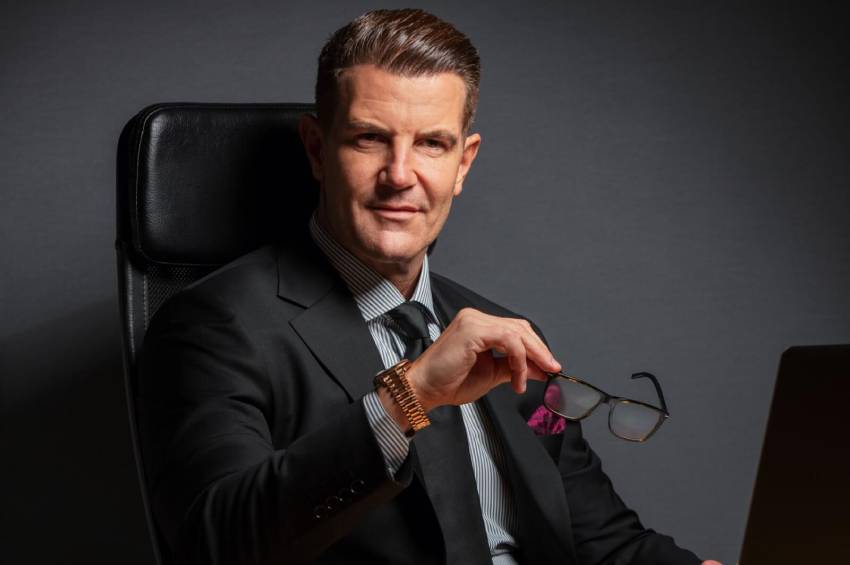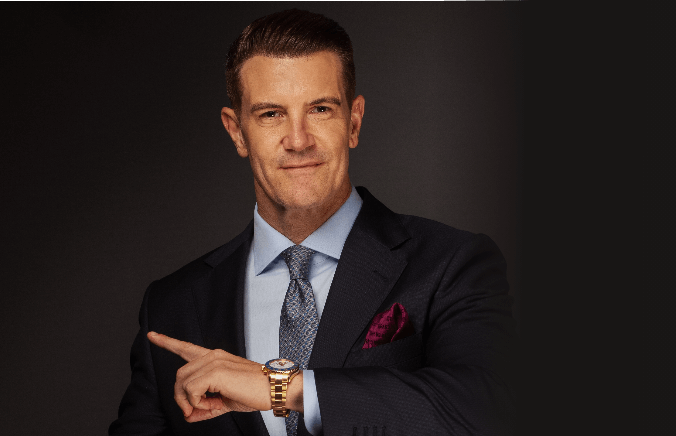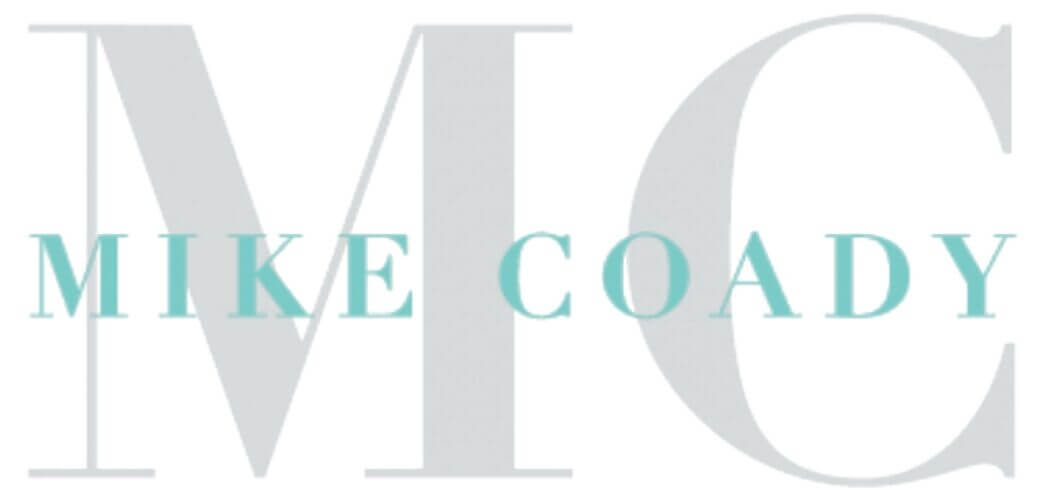
Home How to bring the best out in your team by leadership

How to bring the best out in your team by leadership
|
Getting your Trinity Audio player ready...
|
I recently prepared a presentation on the importance of leadership, and I thought it might be beneficial to highlight some of the observations. After all, we’re all learning – or should be – from each other all the time.
Being a good leader is essential to maximise efficiency and reach objectives. It’s not just about delegating workload but also about effective communication, building team morale, maintaining motivation, and successful coordination.
Examples of highly significant leadership qualities
• Integrity
• Honesty
• Humility
• Courage
• Commitment
• Sincerity
• Passion
• Confidence
• Positivity
• Wisdom
• Determination
• Compassion
• Sensitivity
Allegiance and Leadership
1. Always, when leaders say that the people are not following, it’s the leaders who are lost, not the people.
2. Leaders get lost because of isolation, delusion, arrogance, plain stupidity, etc., but above all, because they become obsessed with imposing their authority, instead of truly leading.
3. Incidentally, leading is helping people achieve a shared vision, not telling people what to do.
4. A leader can’t understand and lead people when the leader’s head is high in the clouds or stuck firmly up his backside.
5. That is to say – loyalty to leadership relies on the leader to connect with and understand people’s needs and wishes and possibilities. Solutions to leadership challenges do not lie in the leader’s needs and wishes. Leadership solutions lie in the needs and wishes of the followers.
6. The suggestion that loyalty and a following can be built by simply asking or forcing people to be loyal is not any basis for effective leadership.
7. Before expecting anyone to follow, a leader first needs to demonstrate a vision and values worthy of a following.
8. A given type of leadership inevitably attracts the same type of followers. Put another way, leadership cannot behave in any way that it asks its people not to.
9. In other words, for people to embrace and follow modern compassionate, honest, ethical, peaceful, and fair principles, they must see these qualities demonstrated by their leadership.
10. People are a lot cleverer than most leaders think.
11. People have a much keener sense of truth than most leaders think.
12. People generally have the answers which elude the leaders – they just have better things to do than help the leader to lead – like getting on with their own lives.
13. A leadership that screws up in a big way should come clean and admit their errors. People will generally forgive mistakes but they do not tolerate being treated like idiots by leaders.
14. And on the question of mistakes, a mistake is an opportunity to be better, and to show remorse and a lesson learned. This is how civilisation progresses.
15. A leader should be brave enough to talk when lesser people want to fight. Anyone can resort to threats and aggression. Being aggressive is not leading. It might have been a couple of thousand years ago, but it’s not now. The nature of humankind and civilisation is to become more civilised. Leaders should enable not obstruct this process.
Traditional Leadership Tips – Jack Welch Style
There is only one way – the straightway. It sets the tone of the organisation.
Be open to the best of what everyone, everywhere, has to offer; transfer learning across your organisation.
Get the right people in the right jobs – it is more important than developing a strategy.
An informal atmosphere is a competitive advantage.
Make sure everybody counts and everybody knows they count.
Legitimate self-confidence is a winner – the true test of self-confidence is the courage to be open.
Never underestimate the other guy.
Understand where the real value is added and put your best people there.
Know when to meddle and when to let go – this is pure instinct.
Leadership behaviours and development of leadership style and skills
Integrity – the most important requirement; without it, everything else is for nothing.
Having an effective appreciation and approach towards corporate responsibility, so that the need to make a profit is balanced with wider social and environmental responsibilities.
Being very grown-up – never getting emotionally negative with people – any shouting or ranting, even if you feel very upset or angry.
Leading by example – always be seen to be working harder and more determinedly than anyone else.
Helping alongside your people when they need it.
Fairness – treating everyone equally and on merit.
Being firm and clear in dealing with bad or unethical behaviour.
Listening to and really understanding people, and show them that you understand (this doesn’t mean you have to agree with everyone – understanding is different to agreeing).
Always taking responsibility and blame for your people’s mistakes.
Always giving your people the credit for your successes.
Never self-promoting.
Backing up and supporting your people.
Being decisive – even if the decision is to delegate or do nothing if appropriate – but be seen to be making fair and balanced decisions.
Asking for people’s views, but remain neutral and objective.
Being honest but sensitive in the way that you give bad news or criticism.
Always doing what you say you will do – keeping your promises.
Working hard to become an expert at what you do technically and understand your people’s technical abilities and challenges.
Encouraging your people to grow, to learn and to take on as much as they want to, at a pace they can handle.
Always accentuating the positive (say do it like this, not don’t do it like that).
Smiling and encouraging others to be happy and enjoy themselves.
Relaxing – breaking down the barriers and the leadership awe – and giving your people and yourself time to get to know and respect each other.
Taking notes and keeping good records.
Planning and prioritising.
Managing your time well and helping others to do so too.
Involving your people in your thinking and especially in managing change.
Reading good books, and taking advice from good people, to help develop your own understanding of yourself, and particularly of other people’s weaknesses (some of the best books for leadership are not about business at all – they are about people who triumph over adversity).
Achieve the company tasks and objectives, while maintaining your integrity, the trust of your people, are balancing the corporate aims with the needs of the world beyond.
Great leadership quotes and inspirational quotes
“People ask the difference between a leader and a boss… The leader works in the open, and the boss is covert. The leader leads and the boss drives.”
“No man is fit to command another that cannot command himself.”
“It is amazing what you can accomplish if you do not care who gets the credit.”
“I not only use all the brains I have but all I can borrow.”
“A dream is just a dream. A goal is a dream with a plan and a deadline.”
“A dwarf standing on the shoulders of a giant may see farther than the giant himself.”
“Integrity without knowledge is weak and useless, and knowledge without integrity is dangerous and dreadful.”
“The most important thing in life is not to capitalise on your successes – any fool can do that. The really important thing is to profit from your mistakes.”
“Everybody can get angry – that’s easy. But getting angry at the right person, with the right intensity, at the right time, for the right reason and in the right way – that’s hard.”
“Management means helping people to get the best out of themselves, not organising things.”
“Behind an able man, there are always other able men.”
“I praise loudly. I blame softly.”
Leadership is really an art form. It’s about having the skills to influence teams into working as efficiently and effectively as possible. The successful leader won’t bark orders at staff from his private office but will encourage job satisfaction, make his team feel important, and willingly want to give their all for the good of the company and those around them.
About Mike Coady
Mike Coady is an expat expert based in Dubai and is on hand to help with all of the above and more.
Mike is an award-winning money coach and industry leader in the financial wealth management sector.
Qualified to UK Financial Conduct Authority (FCA) standards, a member of the Chartered Insurance Institute, a Fellow of the Institute of Sales Management (FISM), a Fellow of the Association of Professional Sales (F.APS), a Fellow of the Institute of Directors (FIoD) and featured as a highly qualified Financial Adviser in Which Financial Adviser.
To learn how to choose a great financial adviser, download our free guide.
Blog published by Mike Coady.
Related
You May Also Like

43 Top Money-Saving Tips for Western Expats in the Middle East – A Comprehensive Guide
Navigating the cost of living as a Western expat in the Middle East can be a unique challenge,...

The Expat Investor’s Guide Beyond the S&P 500
Introduction Hello from Dubai! I'm Mike Coady, an experienced financial adviser and money coach. In my extensive interactions...

EXPATS: Why Bother with a Financial Adviser?
Introduction: Who needs a financial adviser, right? After all, managing complex financial matters such as wills, insurance, investments,...
DISCLOSURE:
mikecoady.com, the website, does not provide financial, investment or tax advice. It is specially designed to provide its users with general information. It does not give individual or specific advice on which products or services are the most appropriate for an individual’s particular circumstances. We may from time to time publish content on this site that has been created by affiliated or unaffiliated contributors.








